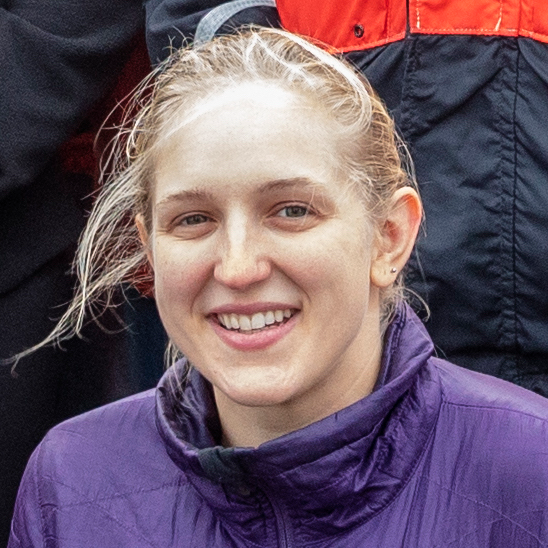OCEANOGRAPHY
STUDENT NEWS
From the Rep
 These student newsletters have not been coming to your inbox very frequently. It’s been a tough time for more than a year, dealing with the pandemic, as well as political tensions and ongoing crises around the world.
These student newsletters have not been coming to your inbox very frequently. It’s been a tough time for more than a year, dealing with the pandemic, as well as political tensions and ongoing crises around the world.
For me, one of the ongoing issues of COVID-19 is the loss of community caused by “social distancing.” Like any community or society, TOS exists to support the needs and desires of its members. It is up to us to ask for and work together to build the community we want.
This issue of the newsletter serves to introduce you to the opportunities available for student members to engage with each other, with the broader TOS membership, and with the public. I really hope you’ll read through the options and get in touch with me about which parts interest you.
— Chrissy
TOS Student Committee
The TOS Student Committee has been in development for a year now. We’d like to thank everyone who has been working with us on this committee.
Recently, we formed a series of subcommittees focused on different topics: social events, social media, coding resources, job and graduate student opportunities, and newsletter. These subcommittees need more volunteers so that we can turn our ideas for TOS activities into reality. Apply here. Take a look at our web page and consider applying to join a subcommittee!
Coding Resources Subcommittee
Hello from Srinivas Kolluru, the chair of the Coding Resources Subcommittee! In the initial stages of their research career or during their thesis work, many students struggle to find helpful coding resources. And, once they find some, many people might think: “I wish I had known about this resource long ago. It would have saved me some time.” Hence, one of the new initiatives of the TOS Student Committee is “Coding Resources for Students.” The aim of this initiative is to compile resources useful for students working in oceanography and related subfields. We intend to publish a “coding resources column” every month in the newsletter that will cover general coding resources or codes and repositories specific to an oceanographic field. Apart from the resources that we gather, all suggestions and coding resources that you believe are helpful for students and early career researchers are welcome. Please drop an email to srinivaskolluru.a1@gmail.com with the subject line “code.” We also welcome codes and resources that you would like to promote that help students.
Social Events Subcommittee
Webinar and Networking Event. The social events subcommittee, chaired by Sheikh Fahim Faysal Sowrav, is planning to hold a public online webinar, with an associated networking event for TOS student members. The webinar will focus on the Blue Economy and UN Sustainable Development Goal 14: Conserve and sustainably use the oceans, seas and marine resources for sustainable development. We hope to hold the event in August. If you have suggestions for speakers who would be engaging or if you are interested in helping to plan this event, please email [email protected].
Social Media Subcommittee
Did you know TOS is on Instagram? Follow us @tosoceanography. Get featured on our Instagram page as a TOS student member by clicking the link in our bio, or completing this form.
We also have a TOS Student Facebook group! You can join at https://www.facebook.com/groups/tos.student.
Job and Graduate Student Opportunities Subcommittee
The newly formed TOS Student Job Board Subcommittee is developing a new platform for TOS student members to explore global career opportunities, including a student job center and a repository of newsletters from various oceanographic disciplines. It would not be possible to capture all of this information without the help of our student volunteers. We are actively looking for student volunteers who are interested in being part of our growing team. If you would like to join us, please fill in the application form and indicate “Jobs Center“ as your choice of subcommittee.
Seen in Oceanography
Why Corals Care About Ocean Acidification:
Uncovering the Mechanism
By Anne L. Cohen and Michael Holcomb
Most climate models predict that the availability of inorganic nutrients and plankton in the surface waters where corals live will decrease as a consequence of global warming. Thus, corals and coral reefs may be significantly more vulnerable to ocean acidification than previously thought. > Read more
Learn More and Join Us!
For more information about the TOS Student Committee and its activities, please follow us on social media, visit our web pages, or drop us an email.
> TOS Student Committee Web Page
